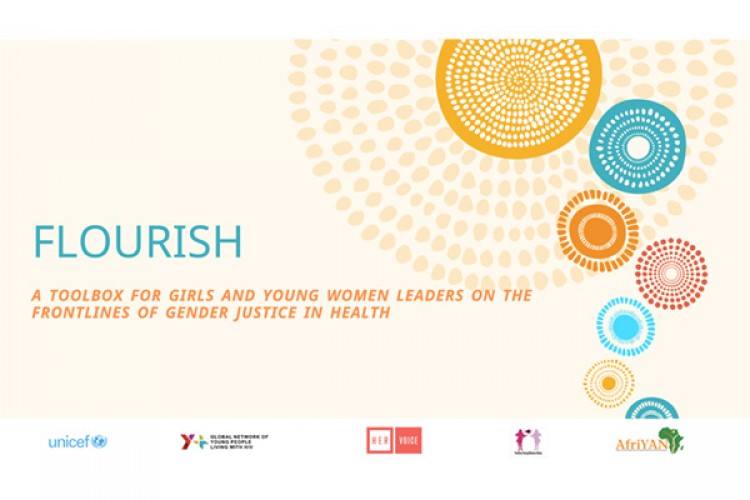Making universal social protection a reality for people living with HIV or Tuberculosis
Ensuring that populations who are living with, at risk of or affected by HIV and/or TB can effectively access prevention, diagnosis and treatment services is crucial. Social protection systems have a pivotal role to play in the coverage of both direct medical and non-medical costs, as well as income loss incurred due to the disease. This paper provides examples of institutional practices that improve the inclusiveness of national social protection schemes for people living with HIV and/or TB and the responsiveness of such schemes to their needs.
